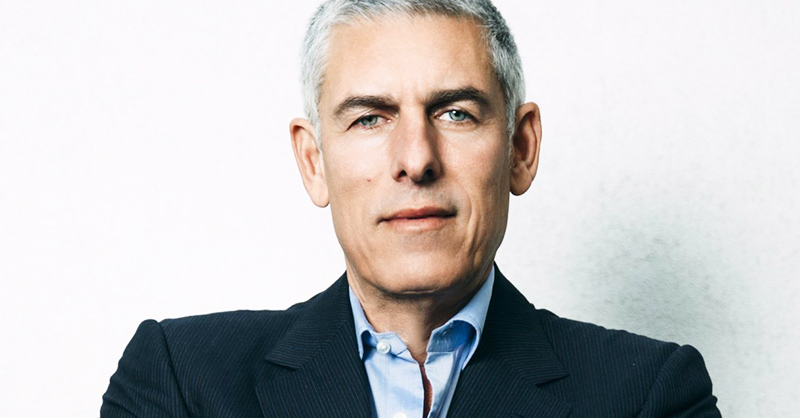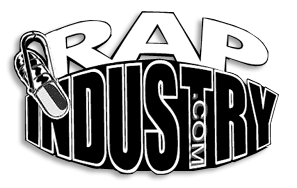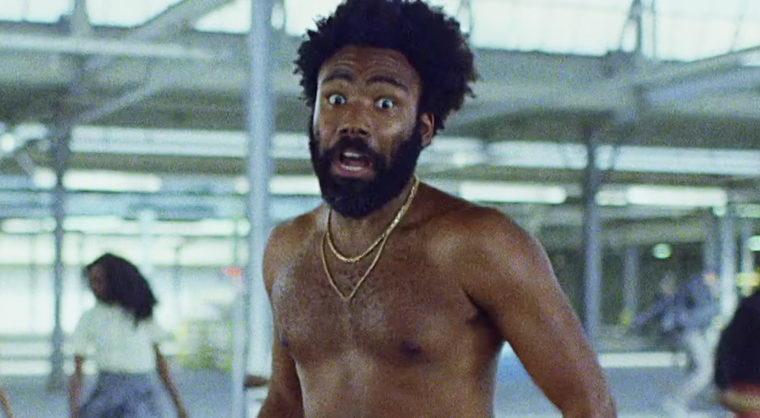
“It sounds obvious, but to have a successful career in the music business, you have to be a good listener,” said YouTube’s global head of music Lyor Cohen at his keynote speech at the SXSW Conference and Festival on Wednesday (March 14). Cohen’s speech touched on his three-decade-plus career from the early days of Def Jam through his current role at YouTube, as he repeatedly stressed optimism about the industry at large: “I believe we’re entering the golden era of the music business.”
While YouTube has been gearing up to launch a new paid subscription service centered on music listeners, Cohen didn’t address those plans. But he did speak broadly about the state of the industry and YouTube and Google’s place within it. “There are plenty of leaned-in listeners that are willing to pay — we are going to convert them to paid subscribers,” he said. “We know we’re late to the party. We’re making an enormous investment. We’re going to collaborate and work closely with our label partners to understand their priorities to help them promote and break their artists.”
YouTube, which announced last June that it had reached 1.5 billion monthly viewers, struck deals with Sony, Warner and Universal last year, as well as a number of indies, ahead of its plans to re-engage in a subscription-based streaming market dominated by Spotify (71 million paid subscribers) and Apple Music (38 million paid subscribers), after its Google Play and YouTube Red initiatives have largely fizzled. And Cohen said that when taking the YouTube job in September 2016, his goal was to challenge a distribution system that he saw as becoming a duopoly, not unlike Google’s own near-duopoly, alongside Facebook, for digital advertising dollars.
“My greatest fear at the time was that distribution was going to be too highly-consolidated between Apple and Spotify. That this was going to be a two-horse race,” he said. “I wanted YouTube and Google to be successful in order to bring diversification to distribution in the music business.”
During the hourlong speech, Cohen touched on his upbringing (“I was the black sheep of the family,” he quipped) and his beginnings as a concert promoter in California, which was how he first met Run DMC and, eventually, Def Jam co-founder Russell Simmons. He also addressed head-on the sexual assault allegations that have been levied against Simmons in recent months, causing the hip-hop impresario to step away from his businesses (Simmons has denied all allegations).
“I want to acknowledge the awful allegations about Russell,” Cohen said. “I never saw him aggressive or violent with any women. It’s not the Russell that I know. I’m deeply troubled about these allegations and there’s absolutely no room for this type of behavior… One thing I do know about Russell, is that he was the smartest one I knew in hip-hop. His idea from the very beginning was to respect the community and represent them with zero compromise.”
Cohen then went on to detail his career in the music business, beginning with his time at Def Jam in the mid-1980s (“Had we known anything, we would have ran for the hills,” he said) and the burgeoning hip-hop world, which at that time was largely ignored by the major labels and radio programmers around the country. It was while he was playing basketball with the Beastie Boys in the West Village, he recalled, that someone brought them a tape of Boogie Down Productions’ Criminal Minded, which he claimed was the “moment that I knew I wanted to sign every dope rapper.”
The Beasties left Def Jam in 1988, with label co-founder Rick Rubin not far behind. But the label scored a coup later that year with Public Enemy’s It Takes a Nation of Millions to Hold Us Back and the introduction of a new Bronx-bred rapper, Slick Rick. Still, a number of unsuccessful signings, combined with the majors’ new-found interest in hip-hop, led to Def Jam sinking to $19 million in the red and Cohen said its distributor, Columbia, “flung us out.”
“The one constant in this business — and in my life — was change,” Cohen said. “Sure enough, my luck changed.” Def Jam linked up with Polygram — later to become the Universal Music Group — and was saved yet again, this time by Redman’s “Time 4 Sum Aksion” and Warren G’s “Regulate.” With the rise of competitors like the slick Bad Boy Records and the rough-and-tumble Death Row Records, Cohen said that he found Def Jam’s identity in the middle.
“Bad Boy didn’t want any oil on them and Death Row were too rough to get under the car,” he said. “We were going to be the mechanics to the stars, not the stars themselves.” As he became the first “rap guy” to head a major label — taking charge of Def Jam, Mercury and Island — he expanded his portfolio, signing Sum 41 and The Killers to Island Records. “That was the last time anyone referred to me as ‘the rap guy,'” he said.
In 2004, he became chief creative officer of the Warner Music Group, at a time when the internet had fully made its effect on the music business clear. In September of 2006, WMG became the first major label to make a licensing deal with then-brand new YouTube. “I didn’t feel threatened,” he said. “I saw the internet for what it was: the best possible way for an artist to get their music heard.”
Cohen spent eight years at WMG, before being “pushed out in what you would call a boardroom coup,” as he put it. “It was without question the best thing that ever happened to me. Working at the top of a large record company is mostly about administration. The higher I rose at WMG the further I got from the thing I loved: signing and breaking artists.”
That led to the formation of the indie label 300 Entertainment, which he launched alongside Kevin Liles, Todd Moscowitz and Roger Gold in 2013 and saw success with the likes of Fetty Wap, Migos and Young Thug. One of the investors in the company was Google, which led to Cohen’s introduction to YouTube’s chief business officer Robert Kyncl. It was Kyncl who convinced Cohen to move over to YouTube — and Liles who he said encouraged him to take the job.
Rumors have placed the launch of YouTube’s new subscription service as arriving in the first part of this year, perhaps as early as the spring. Cohen noted that 80 percent of all watch time on the service is recommended by YouTube’s recommendation algorithm, which he says will allow the company to build out its playlist ecosystem and allow artists, songwriters and labels to “engage with their fans with no hoops to jump through.”
“This is a huge and powerful tool, a powerful platform for artists and labels,” Cohen said about the platform, before returning to a moment of self-reflection. “People ask me all the time, ‘How’s it going? Are you having fun?'” he said. “And, once again, I’m having the time of my life.” Source: Billboard



